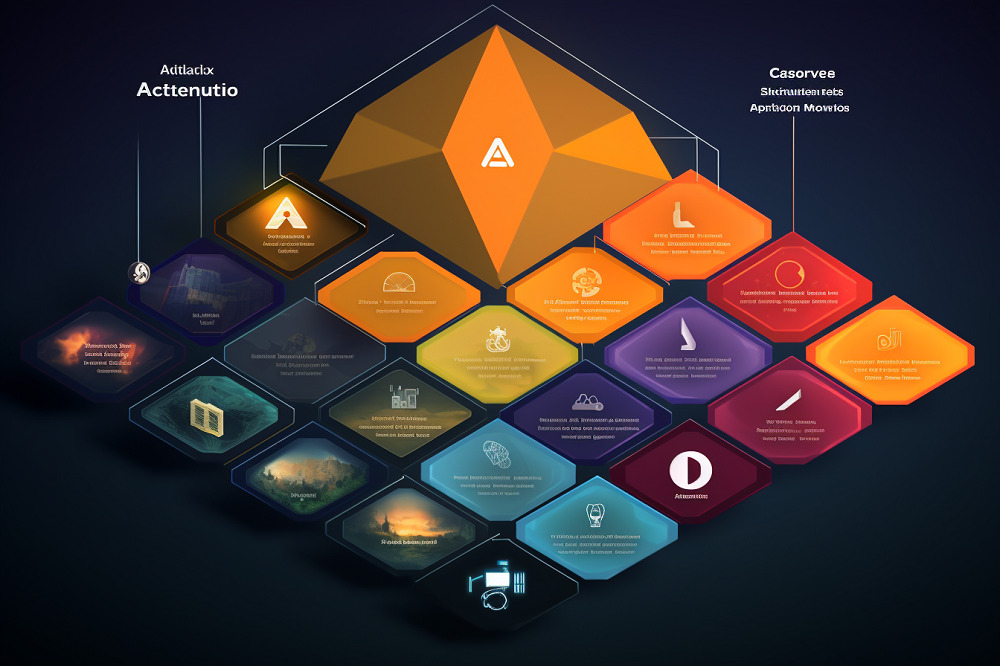Choosing the right wallet is crucial for safeguarding your digital assets in cryptocurrencies. This guide delves into some of the best altcoin wallets available in 2024 and discusses what sets them apart.
Overview Of Altcoin Wallets
Altcoin wallets come in various types, including software wallets (online, mobile, and desktop applications) and hardware wallets (physical devices). Each wallet generates a pair of cryptographic keys: a public key, used as the wallet address for receiving funds, and a private key, known only to the wallet owner and used to sign transactions.
These keys allow users to engage with the supported cryptocurrencies’ blockchain networks. When initiating an altcoin transfer, the wallet employs the private key to sign the transaction, providing a cryptographic signature to verify its authenticity.
The signed transaction is then broadcasted to the altcoin’s network for verification by nodes. Upon successful verification, the transaction is appended to the blockchain, and the altcoin wallet updates the user’s transaction history with the updated balance.
Security measures depend on the type of wallet. Hardware wallets, like Ledger and Trezor, store private keys offline, providing an extra layer of protection against online threats. Wallets often offer a recovery seed phrase to restore access if the device is lost or damaged.
Top 7 Altcoin Wallets
Here are the top altcoins to explore in 2024:
MetaMask
MetaMask offers real-time market insight and an interactive user interface. Thus, purchasing, tracking, bridging, swapping, and staking multiple crypto assets is easy. This all-in-one application is a central user hub, reducing the need for multiple tabs and wallets.
Pros include its secure and user-friendly nature, broad blockchain integration, and accessibility as both a web extension and a mobile app. However, it has some cons, such as browser extension dependency and occasional compatibility issues with browsers like Chrome and Safari.
Furthermore, MetaMask is favored by blockchain developers and is particularly suitable for DeFi applications. Its support for various EVM-compatible networks like BNB Chain, Polygon, and Avalanche showcases its adaptability.
Halo Wallet (KuCoin)
Halo Wallet, associated with KuCoin, aims to provide the ultimate SocialFi ecosystem. Accessible through both a browser and a mobile app, this wallet supports Ethereum and 6+ other blockchains. Halo Wallet is part of the KuCoin ecosystem and focuses on simplicity and security. Its user-friendly interface makes it suitable for users to manage various cryptocurrencies.
Coinbase Wallet
Coinbase Wallet, a browser and mobile app, offers a self-custody solution for storing various cryptocurrencies. With support for Ethereum and 15+ other blockchains, Coinbase Wallet enables seamless crypto transactions. Like MetaMask, Coinbase Wallet is free and provides a user-friendly experience.
OKX Wallet
Developed by the OKX exchange, OKX Wallet provides users with a convenient way to manage their assets across 70+ supported blockchains. It is a mobile wallet for storing, trading, earning, and managing crypto and NFTs.
With a zero-price tag and a wide range of supported blockchains, OKX Wallet is a versatile choice for cryptocurrency enthusiasts.
Trezor
For users who prioritize offline security of their cryptocurrencies, Trezor offers a hardware wallet solution. It supports Bitcoin and seven other blockchains. Trezor’s key advantage is giving users 100% control of their coins.
Its hardware wallet design enhances security by storing private keys offline, protecting them from online threats. Users considering long-term storage of significant cryptocurrency holdings will find Trezor a robust option.
Nexo Wallet
Nexo Wallet, associated with the Nexo platform, positions itself as the best Web3 wallet. Available as a browser and mobile app, it supports Ethereum and four other blockchains. Nexo Wallet is ideal for managing crypto assets, earning interest, and accessing additional financial services.
Ledger
Ledger, a well-known hardware wallet, is a secure gateway to various cryptocurrencies, supporting Ethereum and 70+ other blockchains. Security features, like offline storage of private keys, biometric authentication, and encrypted storage, make Ledger a popular choice. Users looking for a hardware wallet with a strong security emphasis will find Ledger a reliable option.
Conclusion
In this ever-evolving crypto landscape, choosing the right altcoin wallet is critical. Whether you prioritize user-friendly interfaces, security features, or specific blockchain support, understanding the unique offerings of each wallet can guide you toward the one that aligns with your preferences and requirements.
